Find Help
More Items From Ergsy search
-
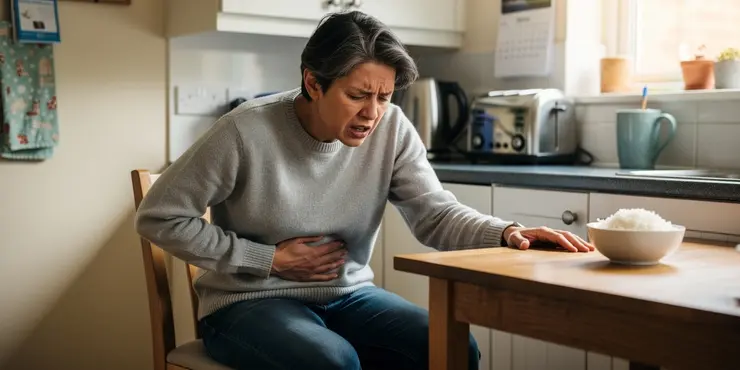
What are the symptoms of Bacillus cereus food poisoning?
Relevance: 100%
-
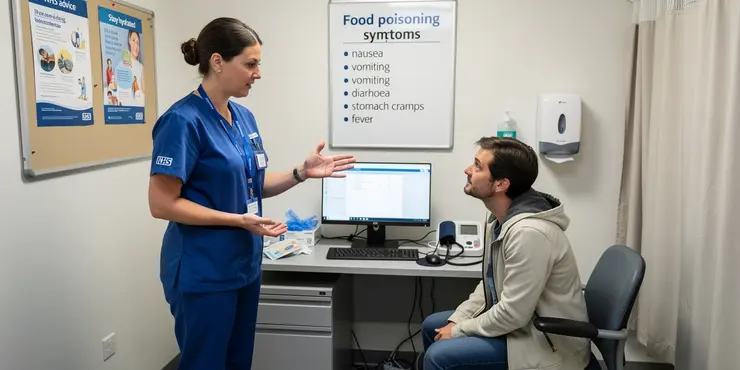
How to tell if you have food poisoning (symptoms) | NHS
Relevance: 93%
-
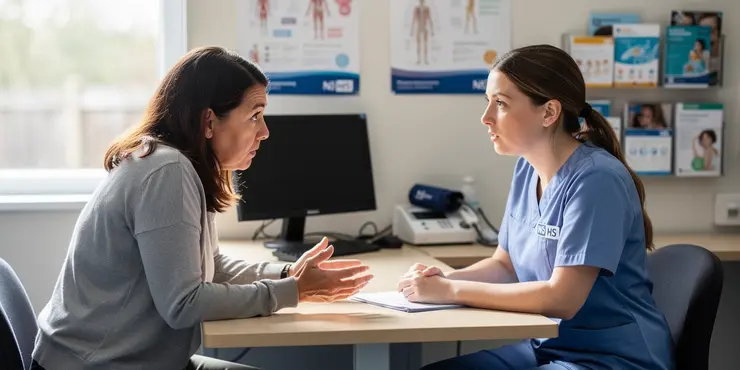
Are there any long-term effects of rice food poisoning?
Relevance: 83%
-
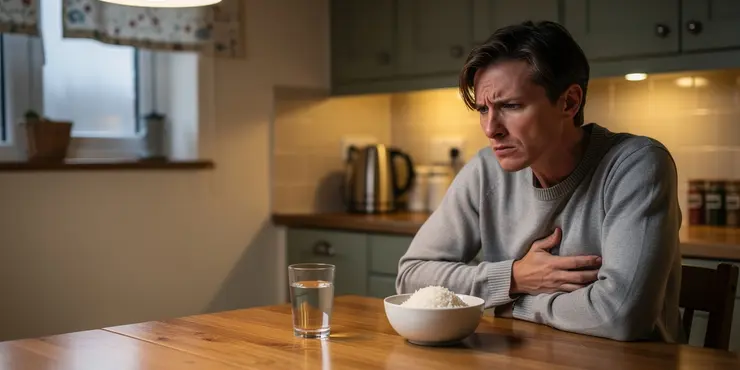
What should I do if I suspect food poisoning from rice?
Relevance: 78%
-
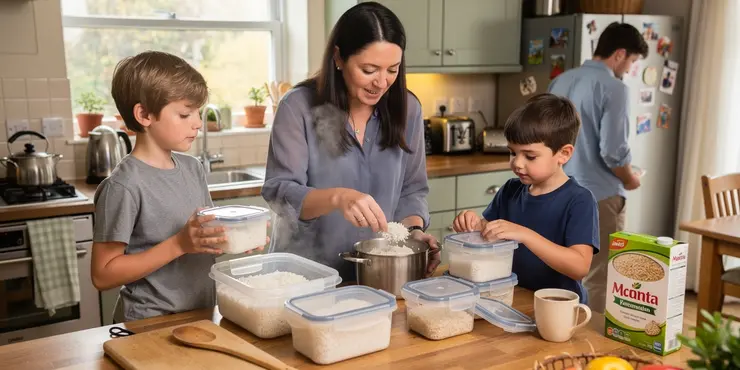
Why is rice particularly risky for food poisoning?
Relevance: 78%
-
What are the symptoms of methanol poisoning?
Relevance: 76%
-
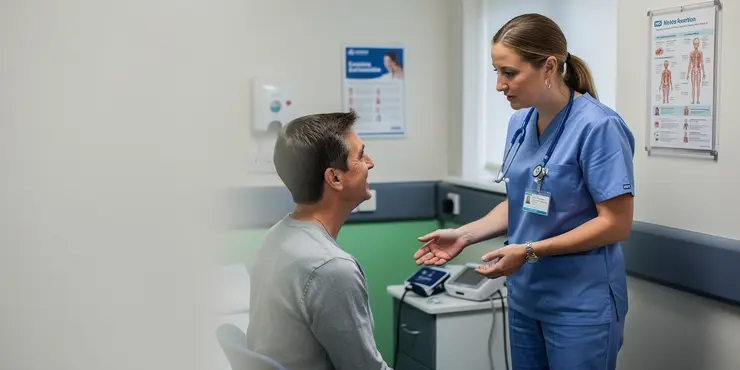
How quickly do symptoms of methanol poisoning appear?
Relevance: 66%
-
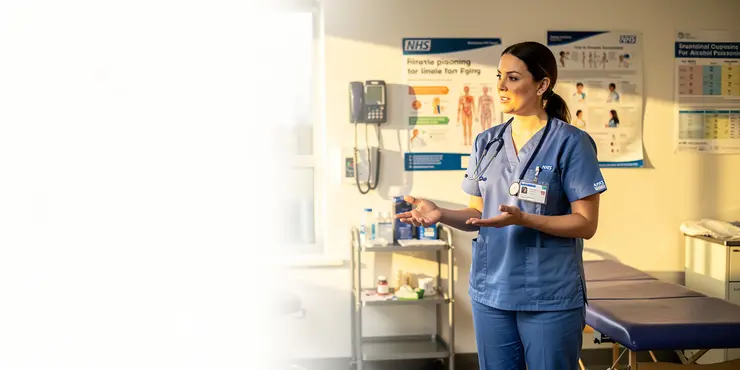
How does methanol poisoning differ from ethanol poisoning?
Relevance: 61%
-
What is alcohol poisoning?
Relevance: 61%
-
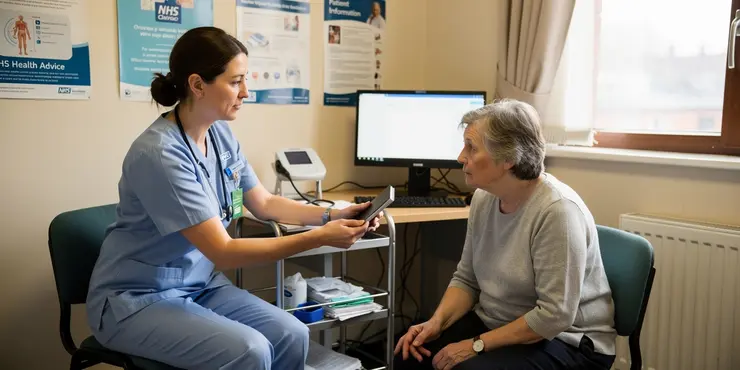
What is methanol poisoning?
Relevance: 59%
-
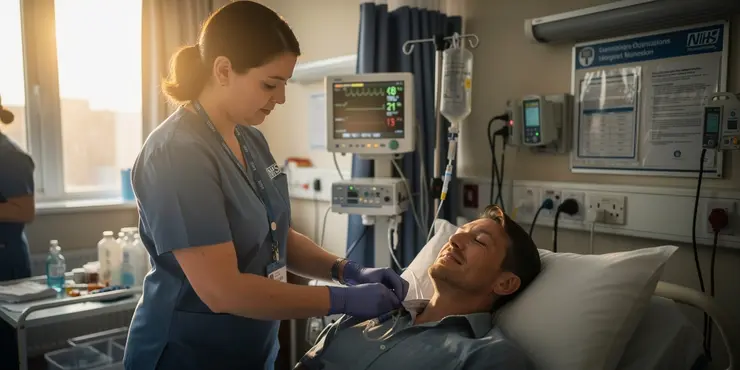
Can methanol poisoning be treated?
Relevance: 56%
-
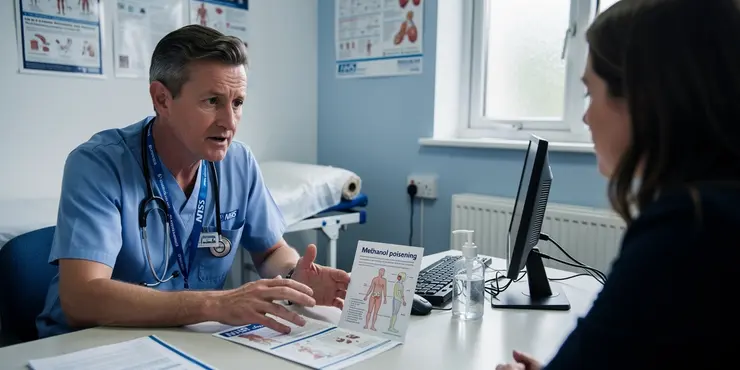
Can methanol poisoning cause permanent damage?
Relevance: 54%
-
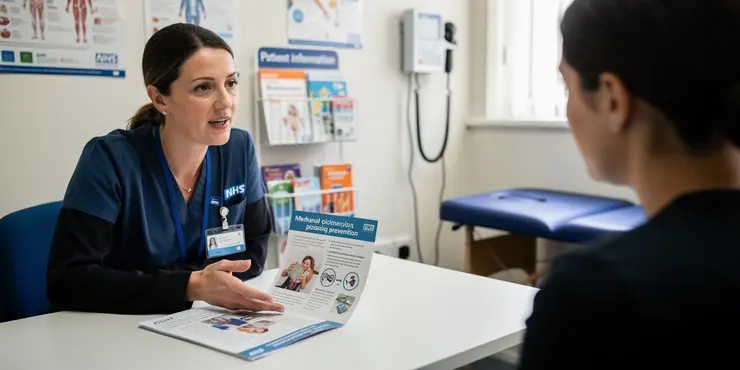
How can methanol poisoning be prevented?
Relevance: 52%
-
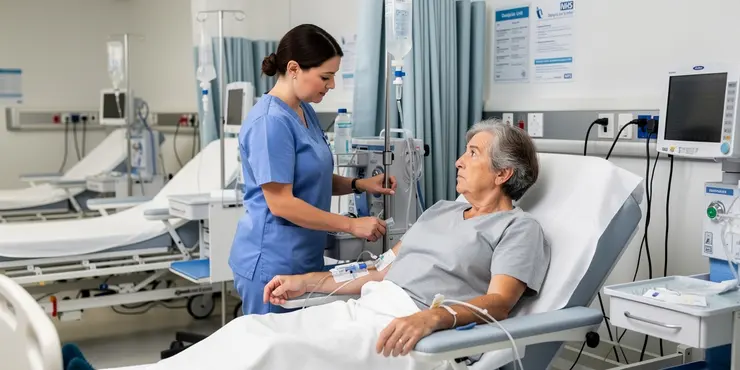
Is dialysis used in methanol poisoning cases?
Relevance: 52%
-
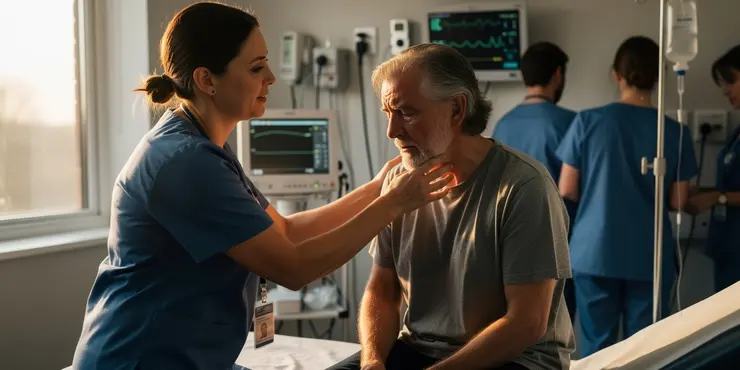
What should you do if you suspect methanol poisoning?
Relevance: 52%
-
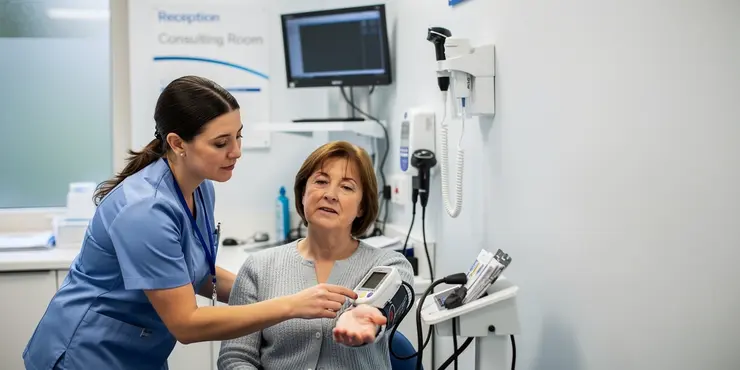
Blood Poisoning - Sepsis
Relevance: 43%
-

Are there any poisonous spiders in the UK?
Relevance: 42%
-
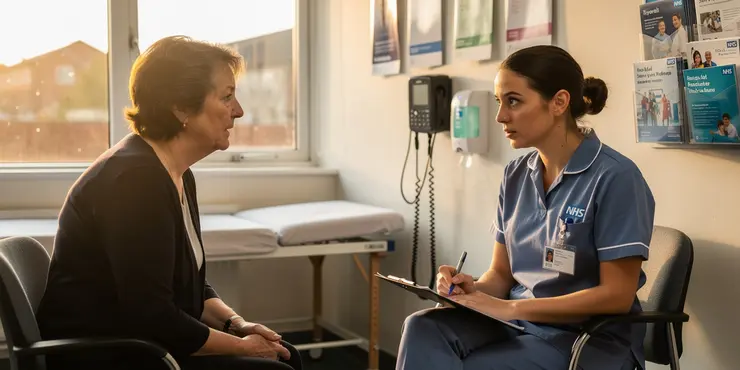
What are the symptoms of norovirus?
Relevance: 41%
-
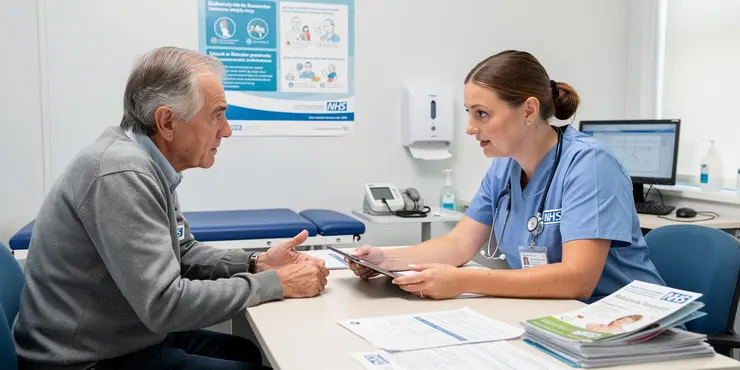
Is there a specific test to diagnose methanol poisoning?
Relevance: 40%
-
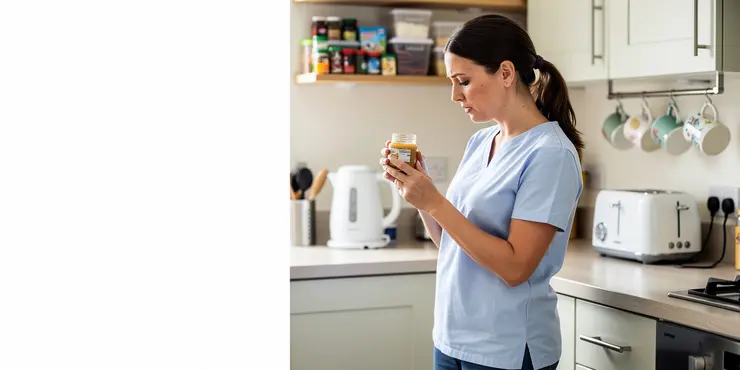
What signs indicate spoiled baby food?
Relevance: 38%
-
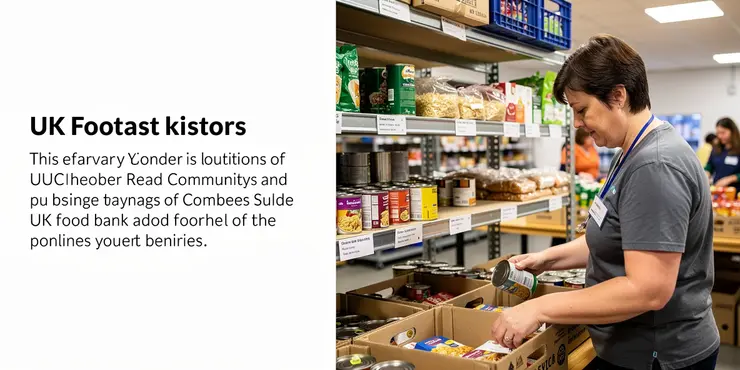
How do food banks get their food?
Relevance: 38%
-
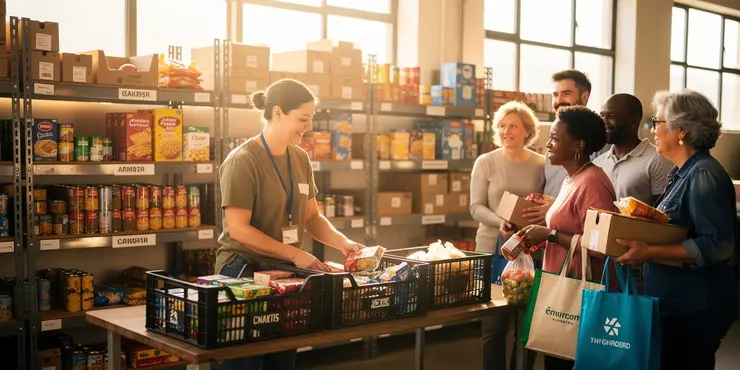
Is there a cost to receive food from a food bank?
Relevance: 38%
-
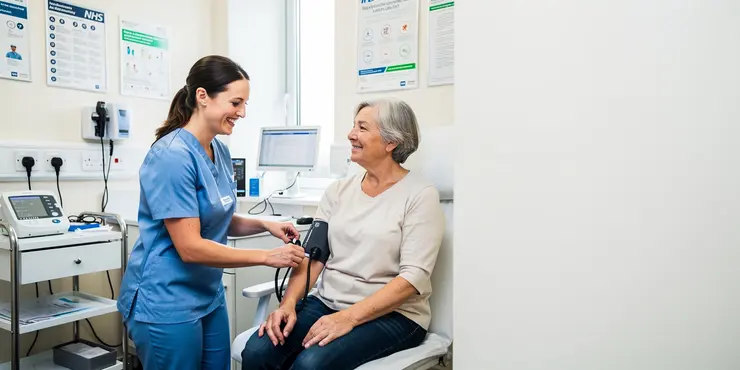
Is all fast food considered junk food?
Relevance: 38%
-
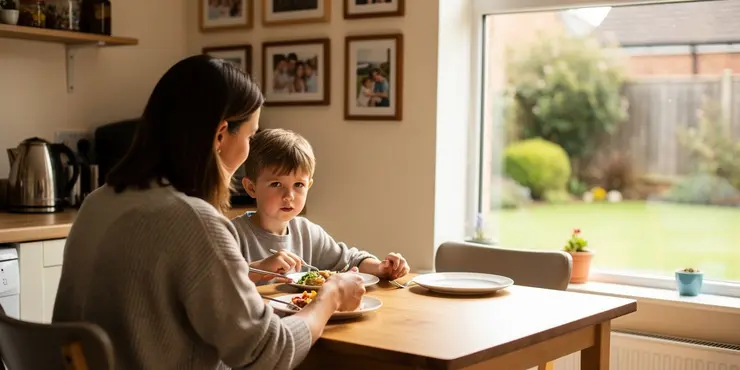
What is the difference between a food bank and a food pantry?
Relevance: 37%
-
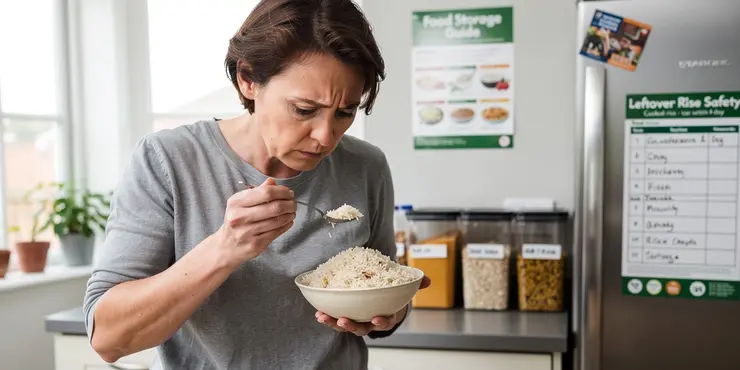
Can old rice kill me?
Relevance: 37%
-
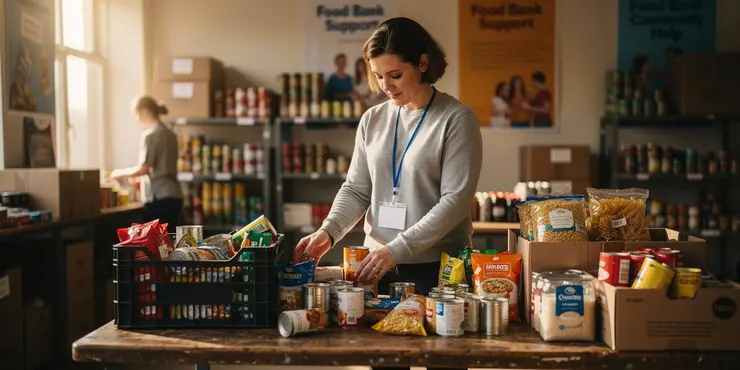
What types of food are typically available at a food bank?
Relevance: 37%
-
What is Bacillus cereus?
Relevance: 36%
-
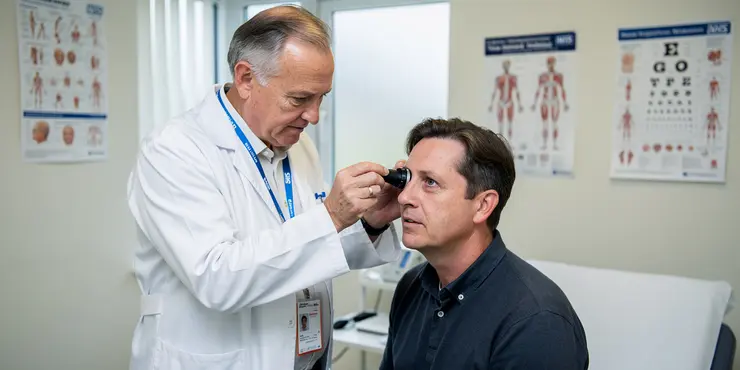
What types of visual disturbances are associated with methanol poisoning?
Relevance: 36%
-
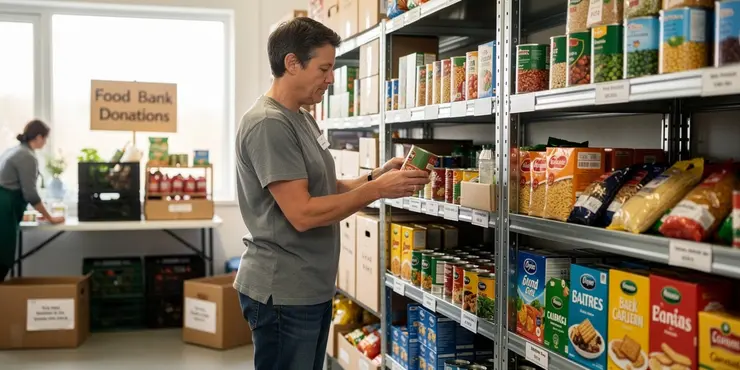
What is a food bank?
Relevance: 36%
-
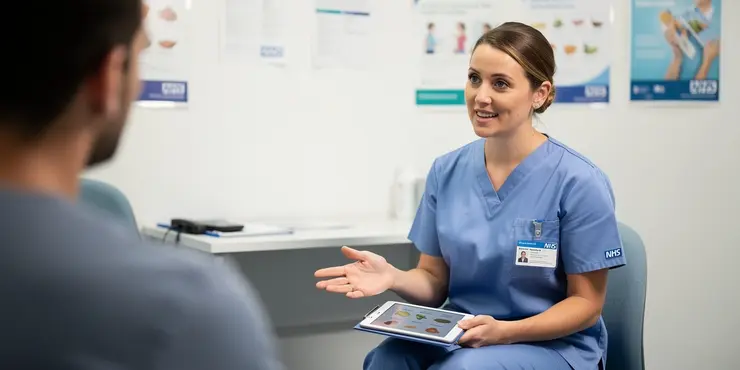
What is junk food?
Relevance: 36%
-
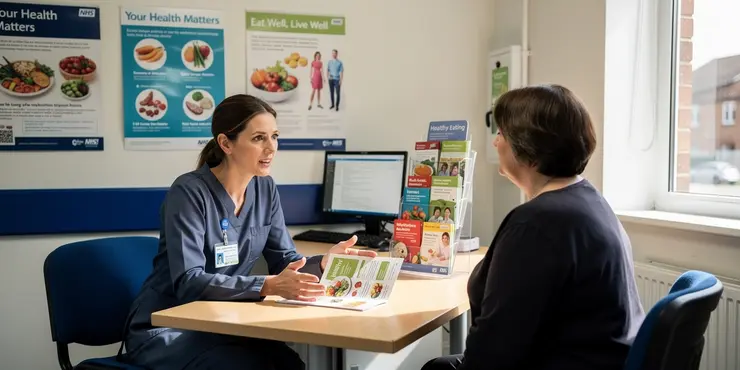
What is junk food?
Relevance: 36%
-
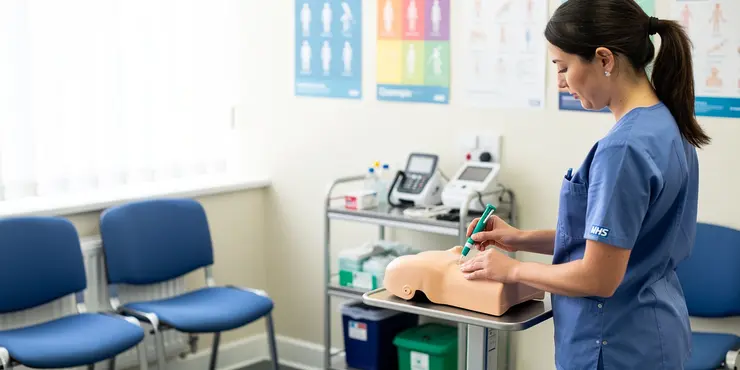
Can Ozempic be taken with food?
Relevance: 35%
-
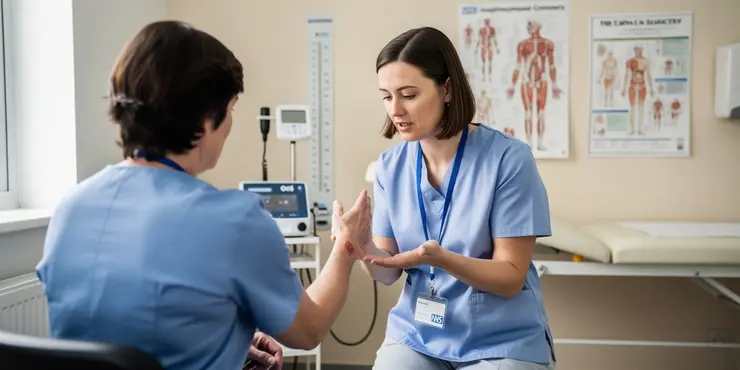
What foods can trigger nettle rash?
Relevance: 35%
-
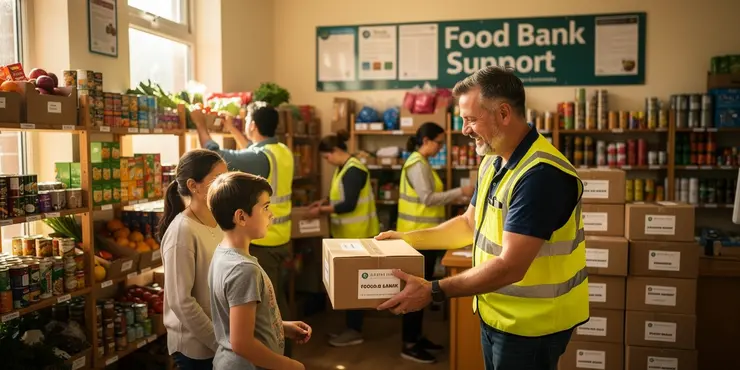
Is there a limit on how much food I can take from a food bank?
Relevance: 35%
-
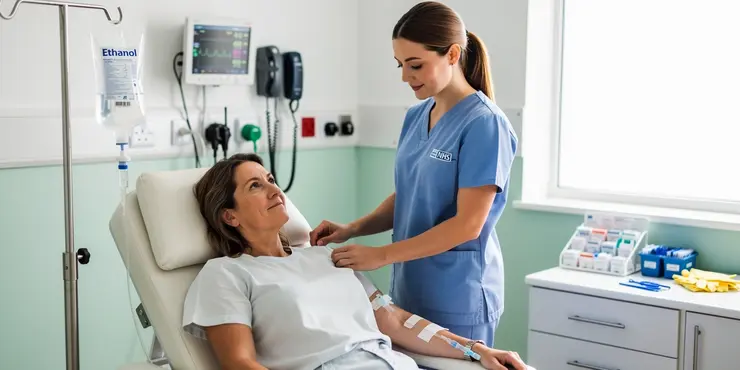
What is the role of ethanol in the treatment of methanol poisoning?
Relevance: 34%
-
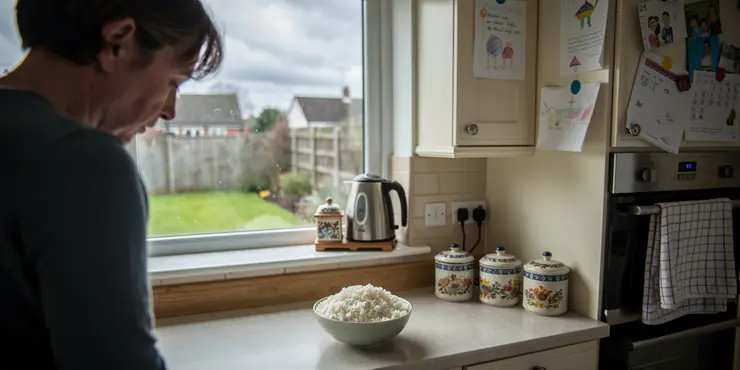
Should I throw away rice that's been left out overnight?
Relevance: 34%
-
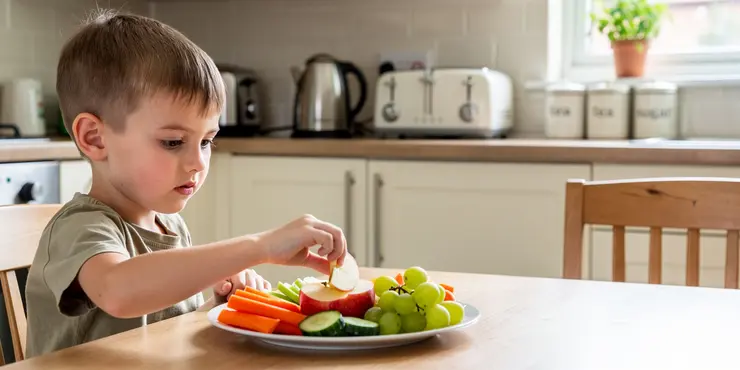
Can diet affect ADHD symptoms?
Relevance: 34%
-
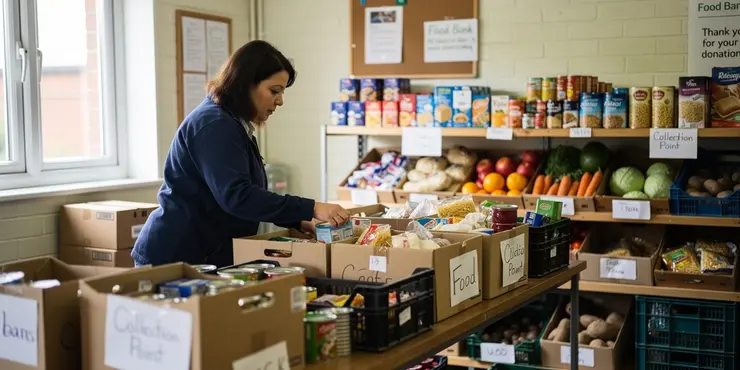
Are food banks open on weekends?
Relevance: 34%
-
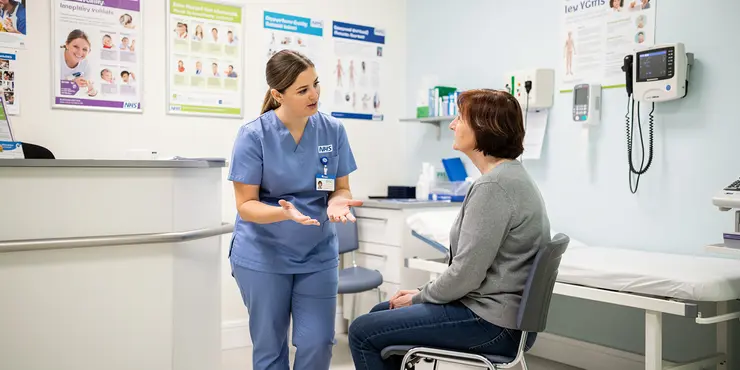
How soon do symptoms appear after infection?
Relevance: 34%
-
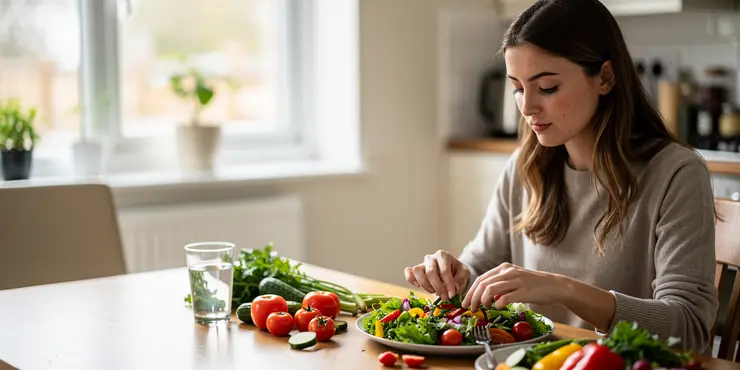
Can diet influence hay fever symptoms?
Relevance: 33%
How to Tell if You Have Food Poisoning (Symptoms) | NHS
Introduction
Food poisoning is an illness caused by eating contaminated food. It's not usually serious and most people get better within a few days without requiring medical treatment. However, it's important to recognise the symptoms early so you can manage the condition effectively and avoid spreading it to others.Common Symptoms
Symptoms of food poisoning can vary depending on the source of contamination, but there are several common signs to look out for. These symptoms typically appear within a few hours or days after consuming the contaminated food.Stomach Cramps
One of the most telling signs of food poisoning is severe stomach cramps. These pains are often intense and can come and go or remain constant. The cramps are a result of the body's attempt to rid itself of harmful toxins.Diarrhoea
Diarrhoea is another frequent symptom of food poisoning, characterised by loose, watery stools. It’s the body’s way of expelling the toxins quickly. While unpleasant, it is crucial to stay hydrated, as diarrhoea can lead to dehydration.Nausea and Vomiting
Nausea and vomiting are common symptoms that accompany food poisoning. These are your body's natural responses to ingesting harmful bacteria, viruses, or toxins. Frequent vomiting can also lead to dehydration, so it’s important to sip water.High Temperature and Chills
In some cases, food poisoning can cause a high temperature (fever) and chills. This occurs as your immune system fights off the infection. You may feel unusually cold and experience shivering.General Weakness and Fatigue
Feeling generally weak and fatigued is common when suffering from food poisoning. The body uses a significant amount of energy to combat the illness, leaving you drained and exhausted.When to See a Doctor
Most cases of food poisoning resolve on their own within a few days. However, you should seek medical advice if symptoms are severe or persist beyond a few days, if you suspect dehydration, or if you experience symptoms like hallucinations, confusion, fainting, or difficulty swallowing.Conclusion
Recognising the symptoms of food poisoning early can help you take appropriate action and prevent spreading the illness. While it’s usually not severe, understanding these signs can aid in managing your recovery and knowing when to seek professional medical advice.How to Tell if You Have Food Poisoning (Symptoms) | NHS
Introduction
Food poisoning happens when you eat food that's bad for you. It's usually not serious, and most people feel better in a few days. But it's important to know the signs so you can get better and avoid giving it to others.Common Symptoms
Food poisoning symptoms can be different, but there are common ones to watch out for. These usually show up a few hours or days after eating the bad food.Stomach Cramps
Stomach cramps are a strong sign of food poisoning. Your stomach might hurt a lot. The pain can come and go or stay for a while. It's your body's way of getting rid of the bad stuff.Diarrhoea
Diarrhoea means you have watery poop. This is your body trying to clean itself. It's important to drink lots of water because diarrhoea can make you thirsty.Nausea and Vomiting
Nausea and vomiting mean you might feel sick and throw up. This happens because your body is getting rid of bad germs. Drink small sips of water to stay hydrated.High Temperature and Chills
Sometimes, food poisoning can make you have a fever and shiver. This is your body fighting the bad germs.General Weakness and Fatigue
You might feel very tired and weak. Your body is using a lot of energy to get better, which can make you feel drained.When to See a Doctor
Most of the time, you will feel better in a few days. But see a doctor if you feel very sick, if your symptoms last longer than a few days, or if you can't keep any water down.Conclusion
Knowing the signs of food poisoning early helps you get better and stops it from spreading. It's usually not serious, but it's good to know when to get help from a doctor.Frequently Asked Questions
What are the common symptoms of food poisoning?
Common symptoms include feeling sick (nausea), vomiting, diarrhoea, stomach cramps, a high temperature of 38C or above, and feeling generally unwell.
How soon after eating contaminated food can symptoms appear?
Symptoms can appear within a few hours to several days after consuming contaminated food.
How long do food poisoning symptoms typically last?
Symptoms usually last from a few hours to several days, depending on the cause and severity.
When should I seek medical help for food poisoning?
Seek medical help if you have severe symptoms such as uncontrolled vomiting, signs of dehydration, a high temperature, or if symptoms persist for more than a few days.
What should I do if I suspect I have food poisoning?
Drink plenty of fluids to prevent dehydration, get plenty of rest, and eat small, light meals if you feel able to.
Are certain foods more likely to cause food poisoning?
Yes, raw or undercooked meat, poultry, eggs, unpasteurised milk, and contaminated water are common sources.
Can I continue to go to work or school if I have food poisoning?
It's best to stay home and rest until you feel better and have been symptom-free for at least 48 hours to prevent spreading the infection.
How can I prevent food poisoning?
Practice good hygiene, cook food thoroughly, avoid cross-contamination, and store food correctly.
Is food poisoning contagious?
Food poisoning itself isn’t contagious, but the bacteria or viruses that cause it can be spread, especially through poor hand hygiene.
What are the risk factors for food poisoning?
Risk factors include consuming improperly stored or cooked food, having a weakened immune system, or being in vulnerable groups such as the elderly, young children, or pregnant women.
Can antibiotics cure food poisoning?
Antibiotics are rarely needed and are only used for specific types of bacterial food poisoning. Consult a doctor before taking any medication.
Can food poisoning cause long-term health problems?
Most people recover fully, but severe cases can lead to long-term health issues like kidney problems or chronic arthritis.
What is the difference between food poisoning and stomach flu?
Food poisoning is caused by consuming contaminated food or drink, while stomach flu (gastroenteritis) is usually caused by a virus. Symptoms can be similar.
Can drinking alcohol kill the bacteria that cause food poisoning?
No, alcohol does not kill the bacteria that cause food poisoning and should not be used as a treatment.
Should I take over-the-counter medication for diarrhoea if I have food poisoning?
Over-the-counter medications for diarrhoea can be used, but it’s essential to stay hydrated. Consult a pharmacist or doctor if you're unsure.
What happens if you eat bad food?
Eating bad food can make you sick. Here are some signs:
- Stomach pain
- Feeling sick and throwing up
- Runny poo (diarrhea)
- Headache
- Feeling very tired
If you feel sick after eating, tell an adult. Drinking water and resting can help you feel better.
Some common signs you might feel are feeling sick, throwing up, runny tummy, sore belly, a high fever (38 degrees or more), and feeling not very well.
When do you feel sick after eating bad food?
Signs of feeling sick can start a few hours or up to a few days after eating bad food.
How long do you feel sick from food poisoning?
When you eat bad food, it can make you feel sick. This is called food poisoning.
People usually feel sick for 1 to 2 days. But some people can feel bad for up to a week.
Remember:
- Drink lots of water to stay hydrated.
- Rest as much as you can.
- If you feel very bad, tell an adult or see a doctor.
It is good to watch TV shows or listen to audiobooks to feel better while you rest.
Signs of being sick can last a few hours or a few days. It depends on why you are sick and how badly.
When should I see a doctor for food poisoning?
If you feel very sick from food poisoning, go see a doctor. Here are some signs you need help:
- You can't stop throwing up.
- You have bad stomach pain.
- You have a fever that won't go away.
- You feel very dizzy or weak.
- Your bathroom trips show blood.
If you have any of these signs, tell an adult or call a doctor. A good tool can be a friend or family member who can help you talk to the doctor.
Go to the doctor if you feel very sick. Some signs to look out for are throwing up a lot, not having enough water in your body, having a fever, or if you don't get better in a few days.
What to Do if You Think You Have Food Poisoning
If you think you have food poisoning, here are some simple steps to help you. Food poisoning happens when you eat food that is not safe. It can make you feel sick.
1. Rest: Lie down and get plenty of rest.
2. Drink water: Sip small amounts of water or clear drinks to stay hydrated.
3. Eat easy foods: When you feel a bit better, try eating plain foods like toast or rice.
4. Tell an adult: Talk to someone who can help, like a parent or a caregiver.
5. Talk to a doctor: If you keep feeling sick, it's important to see a doctor.
Remember, it's okay to ask for help when you're not feeling well!
Drink lots of water so you don't get too thirsty. Rest a lot, and eat small, easy meals if you feel like it.
Can some foods make you sick more often?
Yes, eating raw or not fully cooked meat, chicken, eggs, unpasteurised milk, and dirty water can make you sick.
Can I still go to work or school if I have food poisoning?
If you have food poisoning, it is best to stay home. Rest and get better before going back to work or school.
Going out when you are sick can make others sick too.
Here are some tips to help you feel better:
- Drink plenty of water to stay hydrated.
- Eat easy-to-digest foods like toast or bananas.
- Rest as much as you can.
Stay home and rest until you feel better. Wait at least 2 days after you feel well before going out. This helps stop germs from spreading.
How can I stop food from making me sick?
Keep things clean, cook food all the way through, don't mix raw and cooked food, and put food in the right places.
Can you catch food poisoning from another person?
Food poisoning can make you sick, but you can't catch it from someone else. But the germs that cause it can spread if you don't wash your hands well.
What can make someone more likely to get food poisoning?
Sometimes, food can make us sick. This can happen if we eat food that was not stored or cooked the right way. People who can get sick more easily are those who are older, very young children, pregnant women, or people who do not have strong bodies to fight sickness.
Do antibiotics make you better from food poisoning?
Most of the time, you do not need antibiotics. They are only used for certain types of food poisoning caused by bacteria. Talk to a doctor before taking any medicine.
Can getting sick from bad food make you sick for a long time?
When you eat food that is bad, it can make you sick. This is called food poisoning. It can start with a tummy ache, feeling sick, or having to go to the toilet a lot. Sometimes, people can feel sick for a long time after food poisoning. This can happen if the germs in the bad food are very strong. If you are worried or keep feeling sick, it's a good idea to talk to a doctor. Some ways to feel better or stay safe are: - Wash your hands often, especially before eating. - Make sure food is cooked properly. - Keep raw meat away from other foods. Using these simple steps can help keep you from getting sick.Most people get better. But sometimes, if it's really bad, it can cause problems for a long time. This could mean problems with kidneys or pain in the joints that won't go away.
How is food poisoning different from the stomach flu?
Food poisoning happens when you eat or drink something dirty.
Stomach flu is usually from a virus, which is a tiny germ.
Food poisoning and stomach flu can make you feel the same.
Try these tips to help:
- Drink lots of water so you don’t get thirsty.
- Eat plain foods like toast or rice.
- Rest your tummy by not eating big meals.
Can drinking alcohol get rid of the germs that make us sick from food?
No, drinking alcohol will not kill the germs that make you sick from food. You should not use alcohol to treat food poisoning.
Can I take medicine from a shop for diarrhea if I have food poisoning?
If you have diarrhea from food poisoning, you might wonder if you can take medicine from a shop. Here are some simple steps to help you:
- Rest: Take it easy and rest your body.
- Drink Water: Drink plenty of water to stay hydrated.
- Avoid Solid Food: Wait until you feel better to eat solid foods.
- Seek Help: Ask a doctor if you are worried or if it lasts more than a few days.
A doctor can tell you if it's okay to take medicine or if you need something else.
Supportive Tools:
- Use a timer to remind you to drink water.
- Ask a friend or family member to help if you feel weak.
You can use medicines from the shop to help with diarrhoea. But it’s very important to drink enough water. Ask a pharmacist or doctor if you are not sure what to do.
Useful Links
This website offers general information and is not a substitute for professional advice.
Always seek guidance from qualified professionals.
If you have any medical concerns or need urgent help, contact a healthcare professional or emergency services immediately.
Some of this content was generated with AI assistance. We’ve done our best to keep it accurate, helpful, and human-friendly.
- Ergsy carfully checks the information in the videos we provide here.
- Videos shown by Youtube after a video has completed, have NOT been reviewed by ERGSY.
- To view, click the arrow in centre of video.
- Most of the videos you find here will have subtitles and/or closed captions available.
- You may need to turn these on, and choose your preferred language.
- Go to the video you'd like to watch.
- If closed captions (CC) are available, settings will be visible on the bottom right of the video player.
- To turn on Captions, click settings .
- To turn off Captions, click settings again.
More Items From Ergsy search
-

What are the symptoms of Bacillus cereus food poisoning?
Relevance: 100%
-

How to tell if you have food poisoning (symptoms) | NHS
Relevance: 93%
-

Are there any long-term effects of rice food poisoning?
Relevance: 83%
-

What should I do if I suspect food poisoning from rice?
Relevance: 78%
-

Why is rice particularly risky for food poisoning?
Relevance: 78%
-
What are the symptoms of methanol poisoning?
Relevance: 76%
-

How quickly do symptoms of methanol poisoning appear?
Relevance: 66%
-

How does methanol poisoning differ from ethanol poisoning?
Relevance: 61%
-
What is alcohol poisoning?
Relevance: 61%
-

What is methanol poisoning?
Relevance: 59%
-

Can methanol poisoning be treated?
Relevance: 56%
-

Can methanol poisoning cause permanent damage?
Relevance: 54%
-

How can methanol poisoning be prevented?
Relevance: 52%
-

Is dialysis used in methanol poisoning cases?
Relevance: 52%
-

What should you do if you suspect methanol poisoning?
Relevance: 52%
-

Blood Poisoning - Sepsis
Relevance: 43%
-

Are there any poisonous spiders in the UK?
Relevance: 42%
-

What are the symptoms of norovirus?
Relevance: 41%
-

Is there a specific test to diagnose methanol poisoning?
Relevance: 40%
-

What signs indicate spoiled baby food?
Relevance: 38%
-

How do food banks get their food?
Relevance: 38%
-

Is there a cost to receive food from a food bank?
Relevance: 38%
-

Is all fast food considered junk food?
Relevance: 38%
-

What is the difference between a food bank and a food pantry?
Relevance: 37%
-

Can old rice kill me?
Relevance: 37%
-

What types of food are typically available at a food bank?
Relevance: 37%
-
What is Bacillus cereus?
Relevance: 36%
-

What types of visual disturbances are associated with methanol poisoning?
Relevance: 36%
-

What is a food bank?
Relevance: 36%
-

What is junk food?
Relevance: 36%
-

What is junk food?
Relevance: 36%
-

Can Ozempic be taken with food?
Relevance: 35%
-

What foods can trigger nettle rash?
Relevance: 35%
-

Is there a limit on how much food I can take from a food bank?
Relevance: 35%
-

What is the role of ethanol in the treatment of methanol poisoning?
Relevance: 34%
-

Should I throw away rice that's been left out overnight?
Relevance: 34%
-

Can diet affect ADHD symptoms?
Relevance: 34%
-

Are food banks open on weekends?
Relevance: 34%
-

How soon do symptoms appear after infection?
Relevance: 34%
-

Can diet influence hay fever symptoms?
Relevance: 33%


